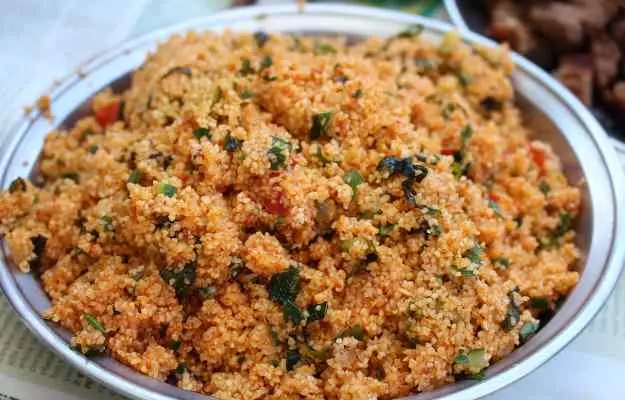Thinking about healthy breakfast, daliya is usually the first thing that comes to mind? Call it broken wheat, cracked wheat or bulgur wheat, daliya, can be cooked in as many varieties as its names. But why exactly should you eat daliya and why is it considered a healthy breakfast?
Broken wheat is packed with a host of nutrients and makes for a healthy source of carbohydrates and fiber. A take on Indian breakfast, paranthas, pooris and bhathuras are all sources of carbohydrates but what makes daliya different? Daliya is a whole grain, which makes it a richer source of fibre. This means that you get whole nutrition from this food without packing on extra calories. Fibres present in daliya help in the digestion of food and cater to keep you full for a longer duration holding you back from binging throughout the day.
Not only this but daliya being a source of proteins also aids weight loss. Thinking of eating a bowl of daliya already? Well, hold on and read this article, which will explore the many other benefits of your favourite breakfast item and will also share a healthy recipe. But, first, let’s have a look at some basic facts about daliya.
Some basic facts about daliya:
- Scientific name: Triticum aestivum
- Family: Poaceae
- Native region and geographic distribution: Daliya is commonly grown in India and also forms a part of a variety of Middle Eastern and Meditteranean cuisines.
- Parts used: Grains.













